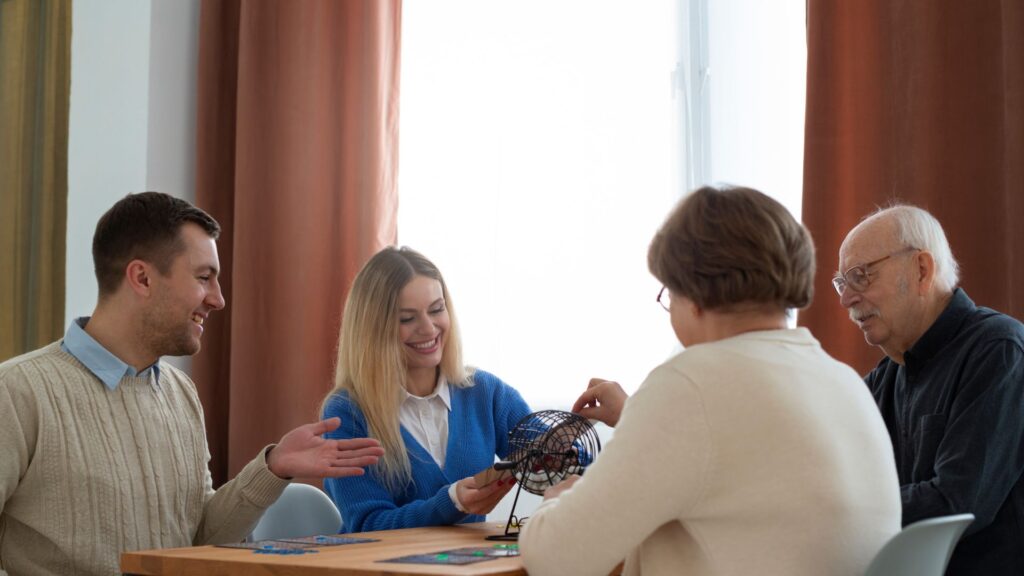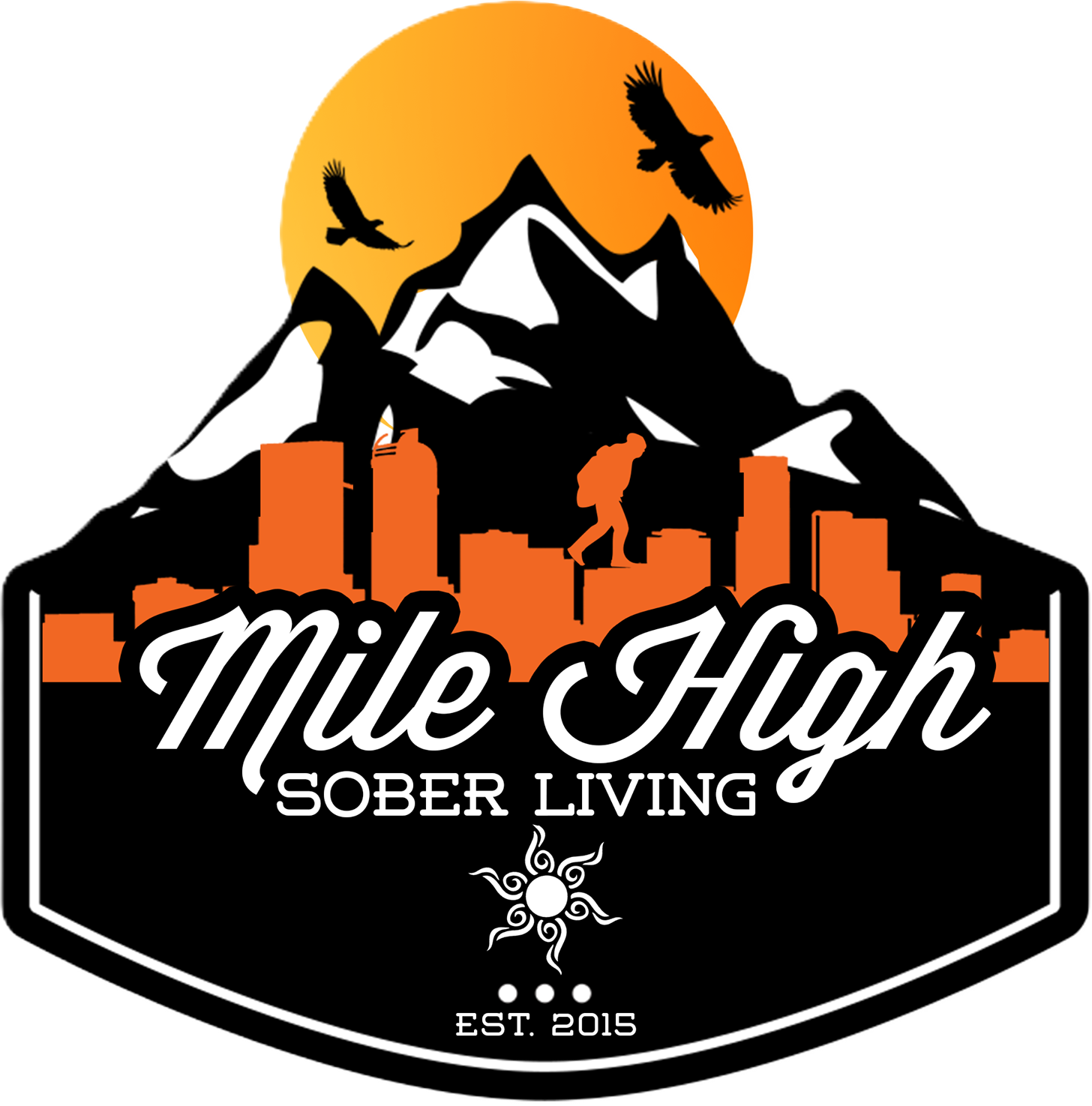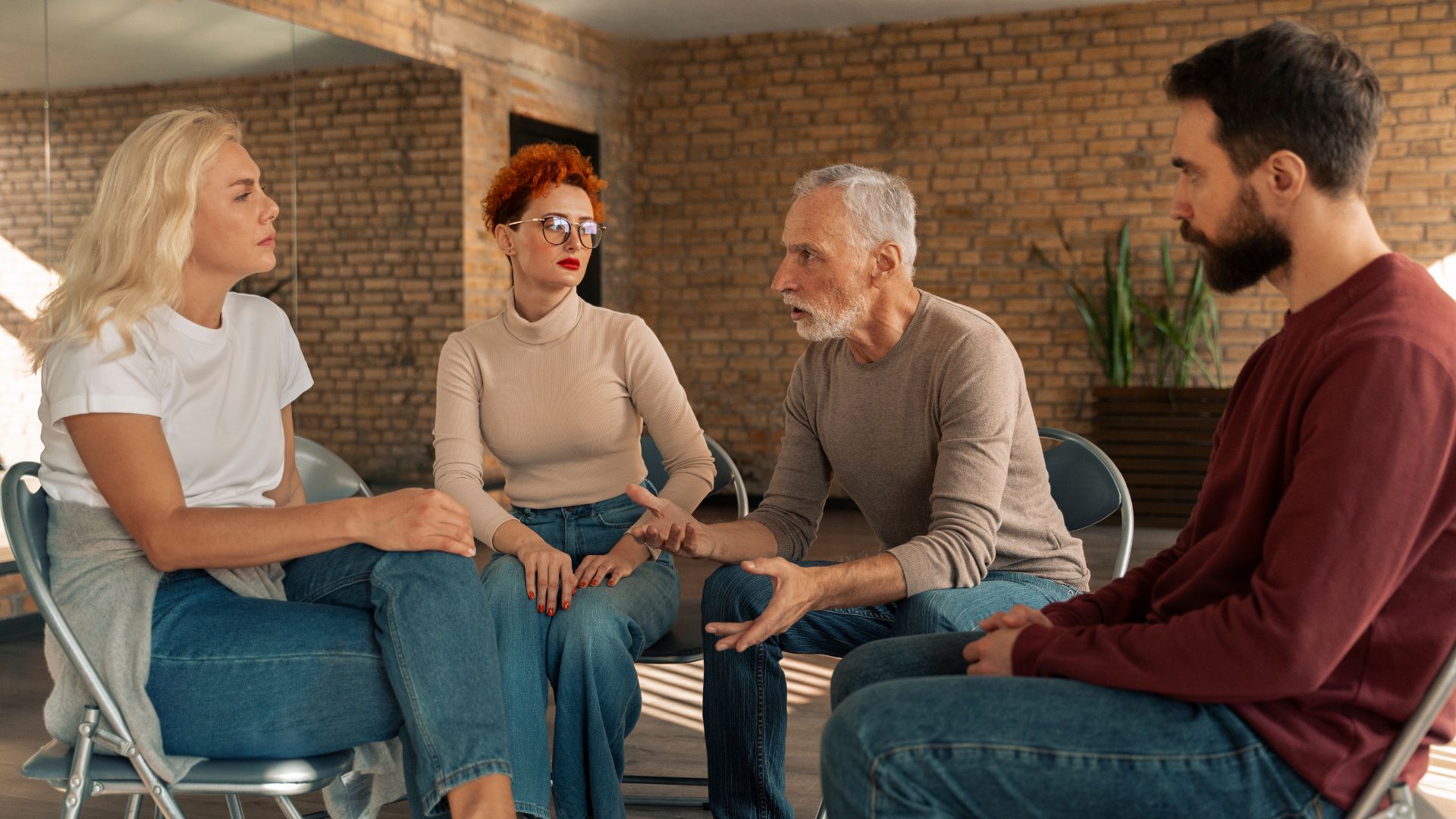Sober living homes (SLHs) provide a safe, structured, and drug-free environment for individuals in the early stages of recovering from substance use disorders. Acting as a bridge between intensive treatment programs and independent living, these homes help people who have just completed rehab practice accountability, rebuild daily routines, and strengthen healthy coping skills.
Social support is essential for long-term sobriety, but it must be balanced with the need to maintain a distraction-free, recovery-focused space. This article explains how visitor policies work in SLHs and why they matter.
Visitor Policies in Sober Living Homes
Most sober living homes allow visitors, but get-togethers must follow clearly defined house rules. Residents often need approval from house managers before inviting guests, and many homes have set visiting hours or specific days when loved ones are permitted on-site.
Visitor policies are designed to maintain a drug- and alcohol-free environment and protect the residents’ progress. Guests must not arrive intoxicated or under the influence of any substance, avoid bringing contraband such as drugs or alcohol, and behave respectfully.
Some houses may search or monitor houseguests to ensure compliance and prevent violations, which can lead to guests being asked to leave or, in serious cases, disciplinary action for the resident. Get-togethers usually take place in shared living spaces rather than private bedrooms to maintain accountability and respect the privacy of others.
These rules also minimize distractions and reduce exposure to relapse triggers, allowing individuals to focus on therapy, personal growth, and rebuilding their lives. Maintaining safety and complying with legal standards are equally important responsibilities for transitional living.
Many facilities, like our sober living homes in Colorado, require guests to sign in with staff or a house manager, creating a record of who is present on the property. For those in the early stages of healing, visits may be supervised or time-limited to reduce potential distractions. Overnight stays are generally prohibited, although some residences allow them with special approval in unique circumstances.
Exceptions and Special Circumstances
Visitor restrictions can be stricter for individuals who are new to the program or considered at high risk for relapse. Some SLHs may make exceptions for family emergencies, children visiting their parents, or significant life events when arrangements are made ahead of time. Rules may also address guests of the opposite sex or restrict contact with individuals who are actively using substances or who pose a risk to the household. Each policy is designed to prioritize the overall safety, stability, and sobriety of the community.
Benefits of Allowing Visitors
When properly managed, houseguests can be a powerful source of encouragement and connection. Supportive visits help residents feel less isolated, boost their motivation, and remind them that they are not facing recovery alone. Research shows that maintaining healthy social ties reduces the risk of relapse and supports better mental health outcomes.
Get-togethers also provide a chance to practice important life skills such as setting boundaries, communicating openly, and repairing strained relationships in a structured setting. These positive interactions can restore a sense of purpose, strengthen accountability, and reinforce a resident’s commitment to long-term sobriety.

Legal and Safety Considerations
SLHs have both a legal and ethical obligation to provide a safe, substance-free space for the people living in them. This often means keeping detailed guest logs, enforcing sign-in procedures, and monitoring visits to prevent high-risk situations. Consistently applying these rules not only protects the house from liability but also reassures residents that they are living in a secure, recovery-focused environment.
By maintaining strong policies, sober living homes create a structured space where residents can focus on their healing process without unnecessary distractions or threats to sobriety.
Tips for Visitors
Always confirm visiting hours and house rules in advance, arrive sober, and approach the visit with a supportive attitude. Focus on positive conversation, celebrate progress, and avoid topics that could cause emotional distress or trigger cravings.
Being mindful of the environment ensures your stopover strengthens your loved one’s efforts toward achieving sobriety and reinforces the supportive community the home is designed to provide.
Final Thoughts from Mile High Sober Living
Visitation plays an important role in recovery, but it works best when guided by clear structure and respect for house rules. Allowing guests in can strengthen motivation, reduce isolation, and help residents rebuild healthy connections, but only if everyone involved prioritizes sobriety and safety. Checking the home’s policies ahead of time ensures that each visit supports recovery rather than creating unnecessary stress or risk.
At Mile High Sober Living, we understand how valuable family and community support can be during this stage of one’s journey to sobriety. That’s why our sober living homes in Denver, Colorado, are thoughtfully designed to balance comfort, accountability, and connection. With inviting spaces, structured expectations, and a supportive peer community, we create an environment where residents can focus on building a strong foundation for long-term sobriety.








